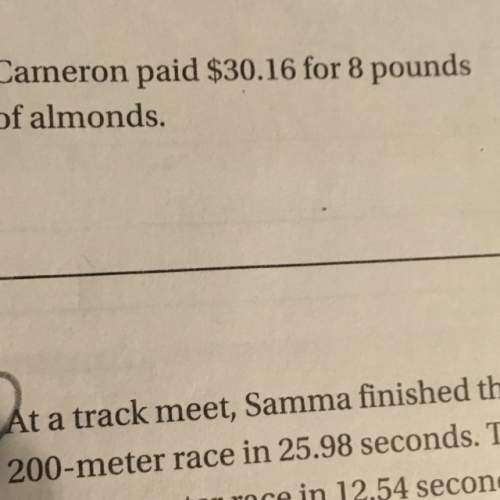
Mathematics, 02.09.2021 02:20, holmesleauja
For which other positive integers a, less than 11, will the number (a^n) + (a^(n+1)) + (a^(n+2)) + (a^(n+3)) + (a^(n+4)) always be divisible by 11?
For example, (4^n) + (4^(n+1)) + (4^(n+2)) + (4^(n+3)) + (4^(n+4)) is always divisible by 11, no matter what number n is equal to.
Please help and answer with the entire explanation.
I am struggling so hard... :(

Answers: 3
Other questions on the subject: Mathematics


Mathematics, 22.06.2019 01:30, nickocasamplonp6mlob
Simplify 1/3 12x - 6 a. -2x-1 b.-2x-8 c.-x+4 d.3x+10 e. 4x-2
Answers: 1

Mathematics, 22.06.2019 01:30, jackievelasquez3424
Apply distributive property to write equivalent equation 105×35m
Answers: 1

Mathematics, 22.06.2019 02:00, Serenitybella
What number gives you a irrational number when added to 2/5
Answers: 1
Do you know the correct answer?
For which other positive integers a, less than 11, will the number (a^n) + (a^(n+1)) + (a^(n+2)) + (...
Questions in other subjects:


Physics, 25.07.2020 01:01







History, 25.07.2020 01:01







